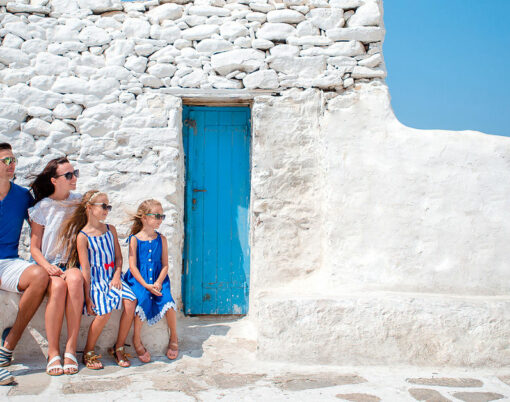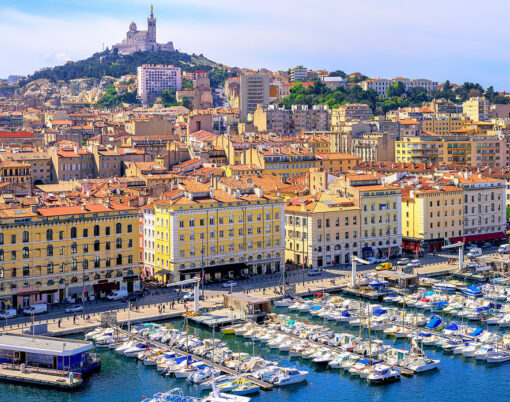While we don’t know the complete fallout of the Covid-19 virus just yet, one thing is for sure; travel and luxury goods have taken an unprecedented hit.
Air, rail, and cruise travel are having to reinvent themselves to consider the health concerns that now accompany any trip. And one of the worse parts of weathering the storm is that it could change instantly, as evidenced by the 325 flight cancellations after three air traffic control employees tested positive at Chicago’s Midway Airport.
With funds tied up in prepaid tickets, many will want to get travelling sooner rather than later, so we take a look at how best to approach overseas travel in the near future.
Why and how are countries opening up to travel
“Why” remains the biggest and most vexing question of the current crisis, with two factors fuelling the dilemma.
Firstly, there is enormous economic pressure to rescue the flagging hospitality and tourism industries. Take Napa Valley, for example – in 2018, nearly 70 per cent of the $2.2 billion annual tourist spending came from overnight guests, a 16 per cent increase over 2016 figures. The impact of Covid-19 will likely be devastating to the county and the state of California as its second-largest tourist attraction.
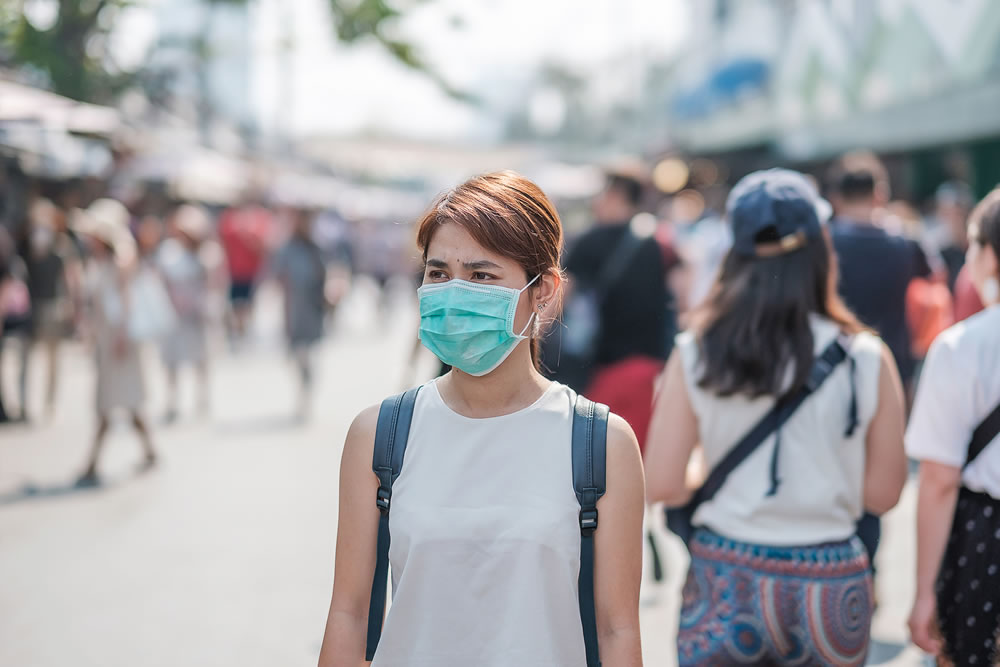
Secondly, there is also a potent force to rush the science. Institutions are publishing preliminary research before it has gone through the usual channels of peer review and vetting.
These two elements have fuelled a flood of misinformation that has, in turn, led to confusing restrictions and regulations for all travel.
It seems like every place has their solution to managing the crisis. While Iceland is opening its borders to travellers, they must have a health clearance from their country, agree to a Covid-19 test, or quarantine for 14 days upon their arrival. However, these requirements are not unusual. Other countries and regions with similar provisions in place include the United Kingdom, Ireland, Montenegro and Hawaii.
Getting to your destination is also affected. Physical distancing recommendations mean fewer premium seats available and downgrades of in-flight service. Amtrak, for example, no longer offers traditional dining, instead using its so-called Flex Dining option. Travellers must also wear face masks in public areas in stations, sleeping accommodations, and cabins.
Takeaway: You must research all aspects of your travel plans to stay in compliance with the ever-changing restrictions, including the cancellation and refund policies of the companies and services that you use.

The where of planning travel
Many countries have varying degrees of permitted travel by foreign nationals, with some prohibiting all visitors or imposing curfews. Members of the European Union, for example, are allowing some non-essential traffic with only certain countries. However, the policies differ, with many also requiring a 14-day quarantine regardless of your previous travel plans.
Experts predict that as countries and states open their borders that domestic travel will resume first, perhaps as a gesture of dipping your toe into the water to see if it’s safe.
Many professionals in the travel and tourism industries also foresee driving and car rentals as a significant part of trips in the future. The rationale is that it’s less risky because you avoid crowds and can practice physical distancing easily.
However, you may have to re-route that five-country tour of Europe, depending on the active hot spots for the virus. You might also have to plan your trip down to your meals. Many restaurants will now require reservations prior to dining only rather than walk-ins.
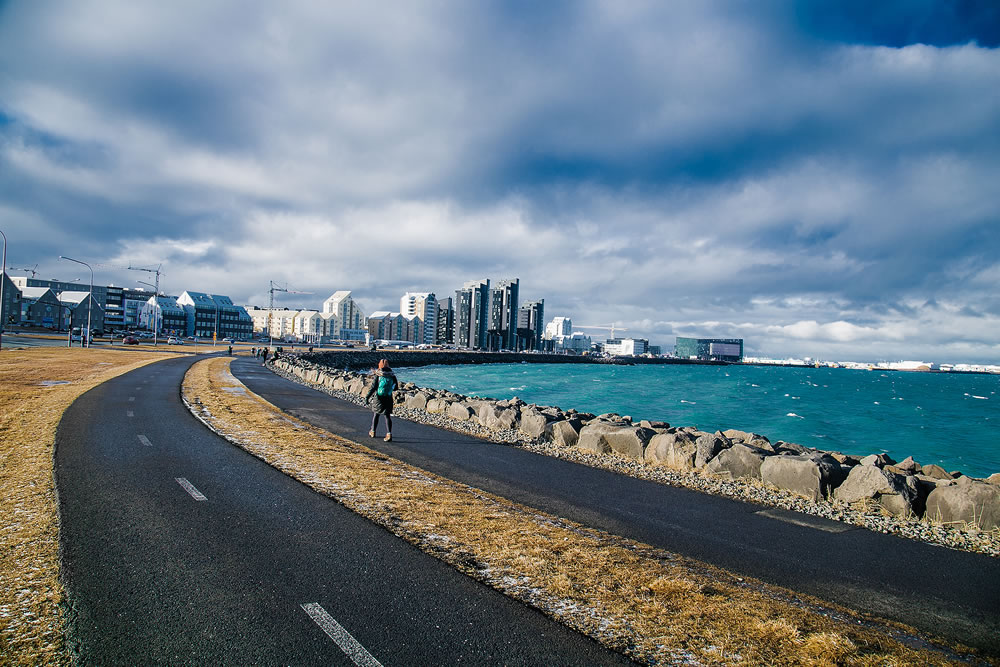
That’s bad news for individuals wanting a more carefree experience, and there’s still no guarantee that lockdowns won’t return as Singapore experienced earlier this year.
Takeaway: Travel will resume slowly and with more precautions over health concerns that will have a direct impact on your plans.
When and what to expect when planning travel
The summer months have fanned the flames of wanderlust, peppered with impatient anticipation over renewed travel.
Thus, many states and countries have begun the slow process of re-opening their hospitality businesses, however, it hasn’t been without its casualties.
Predictions vary, but many restaurants, including several high-end venues like Los Angeles’ Auburn and George’s Chophouse in Bethesda, have shuttered their doors, permanently. Others have opted to remain closed as long as physical distancing restrictions are in place because it isn’t profitable to operate at anything less than full capacity.
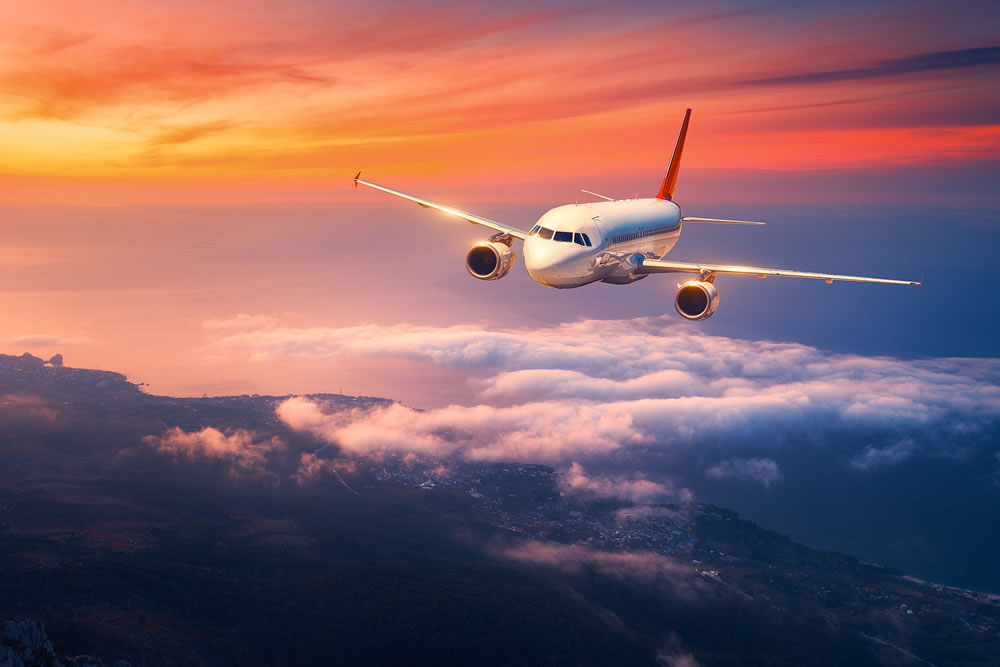
It doesn’t stop there, some hotel chains are forgoing daily housekeeping services while others are no longer offering the typical full breakfast included with your stay and instead resorting to carry-out offerings. Spa resorts may have limits on their luxury services if they are even allowed to provide any to guests.
Takeaway: Even if you can travel, it doesn’t necessarily mean you’ll have the same experience post-coronavirus.
Final thoughts
Coronavirus has changed the world forever. Many of its victims are in the luxury realm of fine dining, premium wines, and accommodations. The best advice we can give you is to remain flexible and have other choices in mind when booking your travel plans. Remember that there are restrictions not to inconvenience you but to ensure your safety and that of others.
There will exist a post-Covid world, but it will more than likely look and feel very different from what we used to experience. The good news is that you’ll probably have more legroom on your flight if airlines remove that middle seat so let’s just look at the brighter side of everything.













